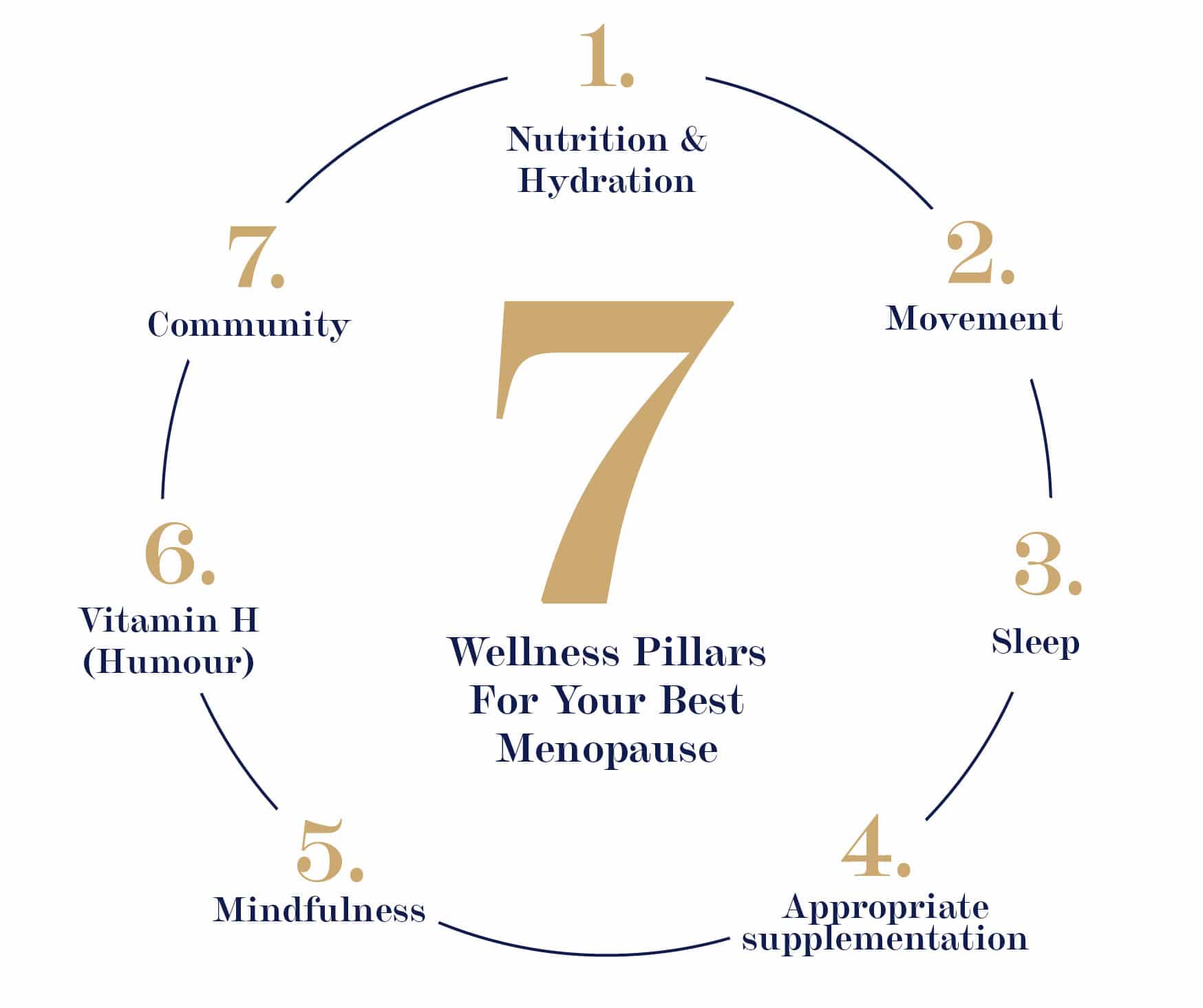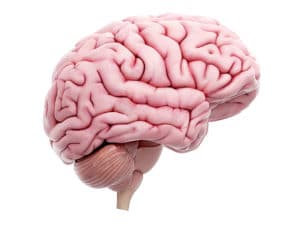Did you know that thousands of women suffer from mental health challenges during the meno years?
The numbers are high, well over the 50% for issues like anxiety and depression. According to a recent report in The Daily Mail, 61% of women experience mental health changes related to menopause. And we’d wager Australasia isn’t far behind.
But here’s the kicker: menopause-related anxiety and depression are often misdiagnosed as clinical cases, when in fact, it’s your hormones doing a very unhappy dance.
It’s important to recognise this, especially because it may affect your health insurance – a fact not often talked about but worth noting
In the same article, The Daily Mail also share that a whopping 87% of women would prefer to treat their hormonal symptoms naturally.
💙 That’s where we come in.
We’re passionate about supporting women naturally through the ups and downs of perimenopause, menopause, and post-menopause. Whether it’s through our top-selling, all-natural supplements or a whole lot of nutrition, mindfulness and knowledge.
Menopause-related anxiety and depression are often misdiagnosed as clinical cases when actually it’s your hormones doing an unhappy dance.
34 Most Common Signs…and Counting
There are 34 officially recognised signs of menopause from the headline-grabbers like hot flushes, to the more hush-hush symptoms like incontinence, itchy skin, and the dreaded dry vagina.
Others – like aching joints, brain fog or sleepless nights – can sneak in so quietly that 71% of women don’t even notice them creeping up.
Until suddenly…wham! You’re Googling “Why do I feel like I’m losing my mind in midlife?”
The good news? You’re not. Your hormones might be, but you? You’re still in there.

Can You Relate to Low Mood?
For many of us, low mood and anxiety don’t just knock – it’s more like a full-blown crash through the door. Crying at advertisements, cancelling plans for the third time in a row, or forgetting to eat – it’s not “just a bad day.” It’s hormonal. And it’s hard.
Science backs it up: these symptoms are common from perimenopause right through to post.
The same research reported in The Daily Mail found:
25% of women experienced extreme fatigue
Nearly 1 in 3 said their mood was so impacted that it led to tears and sudden emotional outbursts
Another third said they felt embarrassed and less confident – 🙋♀️ hand up if that sounds familiar
If this resonates, know that you’re not alone – and you’re definitely not losing it.
As an FYI, the statistics reported in the Daily Mail were from a survey conducted by Healthscan, a vitamin company in the UK.
Why We Experience Mood Swings (+ more)
So what exactly is going on inside us?
One of the major players in peri:menopause hormonal shifts is estrogen. In the lead-up to menopause, it behaves a bit like a malfunctioning elevator – up one minute and down the next.
But estrogen isn’t just about ovaries. It’s active in the brain, too, and works closely with serotonin, the so-called “happy hormone.” So when estrogen dips, serotonin can dip right alongside it.
Then there’s just-as-important progesterone – our natural ‘chill pill’. Around 35, our levels plummet, which can leave us feeling irritable, anxious, and even a little she-devilish.
To add to the mix, stress levels often rise during the menopause years, triggering more cortisol, our main stress hormone. This contributes not only to mood issues but also to that stubborn midsection weight. It’s also why hardcore workouts can sometimes backfire – adding more stress to an already taxed system.
It’s a complex hormonal cascade, but understanding it can be seriously empowering.
4 Natural Ways To Support Your Mental Health
So, here’s a little care package for you:
Four tried and true, natural strategies to support your mood and mind during menopause.
1. Cut Back on Alcohol
Alcohol is a well-known depressant, and midlife bodies often become more sensitive to it. A glass that once felt like a treat might now lead to poor sleep and low mood. Try cutting back – or out – and see how you feel.
2. Move Your Body
Exercise is a proven mood booster. It increases endorphins and reduces stress, but don’t overdo it. The goal isn’t to punish your body – it’s to nurture it. Walking, swimming, dancing, tennis – move in a way that feels joyful.
3. Try Meditation or Mindfulness
Even if your brain won’t sit still, stick with it. Science says it helps, especially during hormonal transitions. Apps like Headspace or Insight Timer can help you start small and stick with it.
4. Eat to Support Your Hormones
Load up on green leafy vegetables, oily fish, extra virgin olive oil and whole, unprocessed foods. Reducing sugar, caffeine, and processed snacks can make a world of difference to your mood and energy. It’s not hype – it’s hormone science.
Let’s Get Through This – Together
There are simple, powerful tools out there to help you feel more like yourself again.
And remember, you’re never alone. We’re right here with you – and so is an amazing community of women who truly get it.
Join our 40+ Club, our private Facebook support group, where you can share, vent, learn and laugh with like-minded women on the same path.
👉 Click here to join.
Share with a friend
Sign up for for weekly wisdom drops & news 🙂






 Body-smart support for your stage of life
Body-smart support for your stage of life